Decision-makers should care more for the people most directly affected by climate change and major economic and social shifts needed to address it, from farmers to Bord na Móna workers, speakers at an international forum in Trinity College Dublin said this Monday.
Former president and global climate campaigner Mary Robinson said research by the International Pael on Climate Change (IPCC) "heralds the end of the fossil fuel era", with the use of oil, gas, coal and peat becoming socially unacceptable "just like tobacco".
Spanish example
This means far-reaching programmes to help workers in those industries find new jobs, including those affected by recently announced job cuts at Bord na Móna, similar to government programmes implemented in Spain to replace coal mining.
"The need to end peat extraction mustn't undermine the rights of the communities whose lives are dependent on the bog," she said, urging the semi-state company and the Government to develop new carbon-neutral industries and create 400-500 replacement jobs in the midlands.
Listen to an extract from Mary Robinson's speech in our podcast below:
While Robinson did not repeat her previous statements in favour of vegetarian or vegan diets, the cause of farmers was represented by Hindou Oumarou Ibrahim, a representative for Mbororo nomadic cattle herders in Chad.
It's like a fire in your body
Ibrahim said her people, who travel thousands of kilometres with their herds to find water, suffered from increasingly long and hard dry seasons with temperatures of up to 50°C.
"It's like a fire in your body. You cannot get use to that weather," she said, describing shifting weather patterns over recent decades as a result of climate change.
Water bodies in her country have been drying up, including the main Lake Chad, which she said covered 25,000sqkm when her mother was a child, and has now shrunk to just one-tenth of this.
Four million farmers, pastoralists and fishermen depend on this resource.
"It's creating conflicts," she said, adding that the area had become an easy recruiting ground for the terrorist group Boko Haram.
"It's easy to recruit people who have nothing to eat, nothing to drink," she said. "Men who have no dignity left can either join the group or travel far away to become migrants."
Read more
Farmers file lawsuit against German government
The climate debate – some agricultural clarity emerges
Listen: co-ops needed to fight climate change
Decision-makers should care more for the people most directly affected by climate change and major economic and social shifts needed to address it, from farmers to Bord na Móna workers, speakers at an international forum in Trinity College Dublin said this Monday.
Former president and global climate campaigner Mary Robinson said research by the International Pael on Climate Change (IPCC) "heralds the end of the fossil fuel era", with the use of oil, gas, coal and peat becoming socially unacceptable "just like tobacco".
Spanish example
This means far-reaching programmes to help workers in those industries find new jobs, including those affected by recently announced job cuts at Bord na Móna, similar to government programmes implemented in Spain to replace coal mining.
"The need to end peat extraction mustn't undermine the rights of the communities whose lives are dependent on the bog," she said, urging the semi-state company and the Government to develop new carbon-neutral industries and create 400-500 replacement jobs in the midlands.
Listen to an extract from Mary Robinson's speech in our podcast below:
While Robinson did not repeat her previous statements in favour of vegetarian or vegan diets, the cause of farmers was represented by Hindou Oumarou Ibrahim, a representative for Mbororo nomadic cattle herders in Chad.
It's like a fire in your body
Ibrahim said her people, who travel thousands of kilometres with their herds to find water, suffered from increasingly long and hard dry seasons with temperatures of up to 50°C.
"It's like a fire in your body. You cannot get use to that weather," she said, describing shifting weather patterns over recent decades as a result of climate change.
Water bodies in her country have been drying up, including the main Lake Chad, which she said covered 25,000sqkm when her mother was a child, and has now shrunk to just one-tenth of this.
Four million farmers, pastoralists and fishermen depend on this resource.
"It's creating conflicts," she said, adding that the area had become an easy recruiting ground for the terrorist group Boko Haram.
"It's easy to recruit people who have nothing to eat, nothing to drink," she said. "Men who have no dignity left can either join the group or travel far away to become migrants."
Read more
Farmers file lawsuit against German government
The climate debate – some agricultural clarity emerges
Listen: co-ops needed to fight climate change




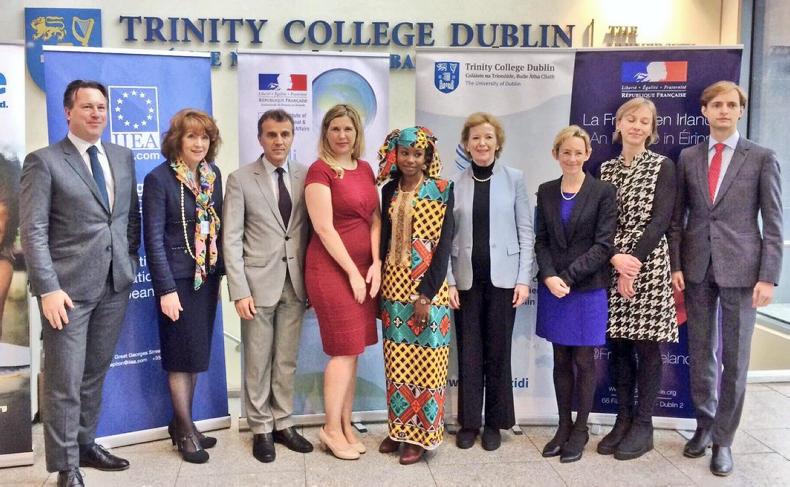
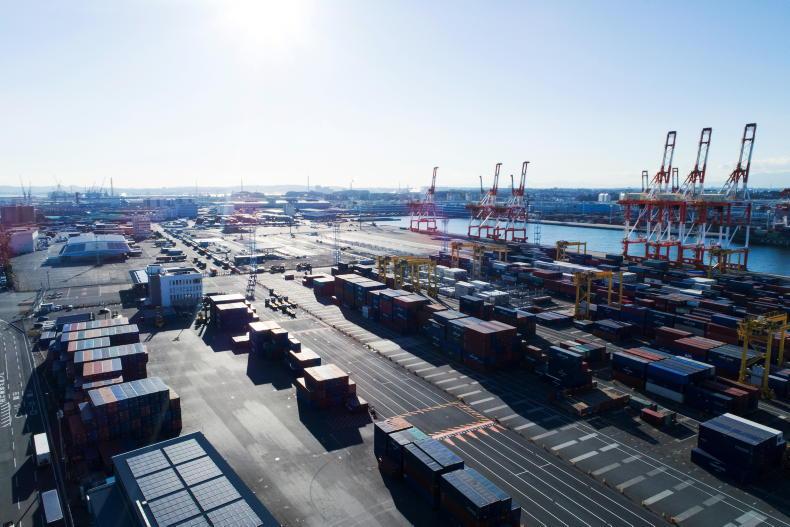

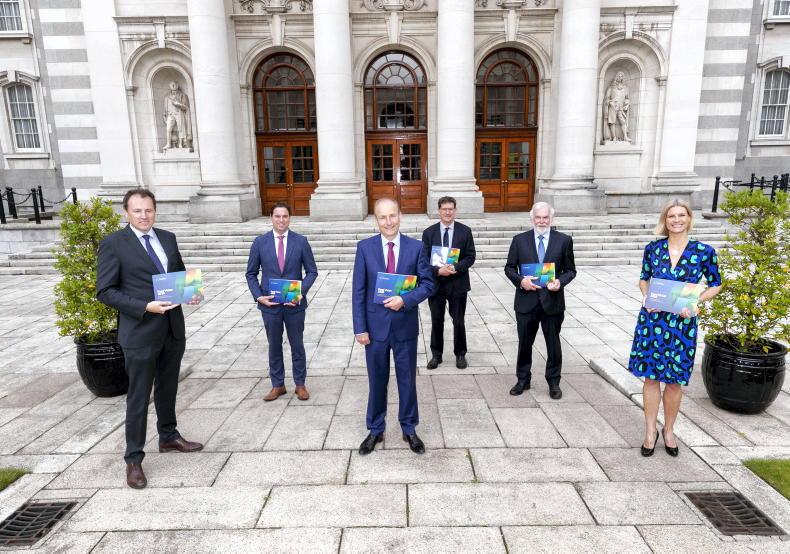
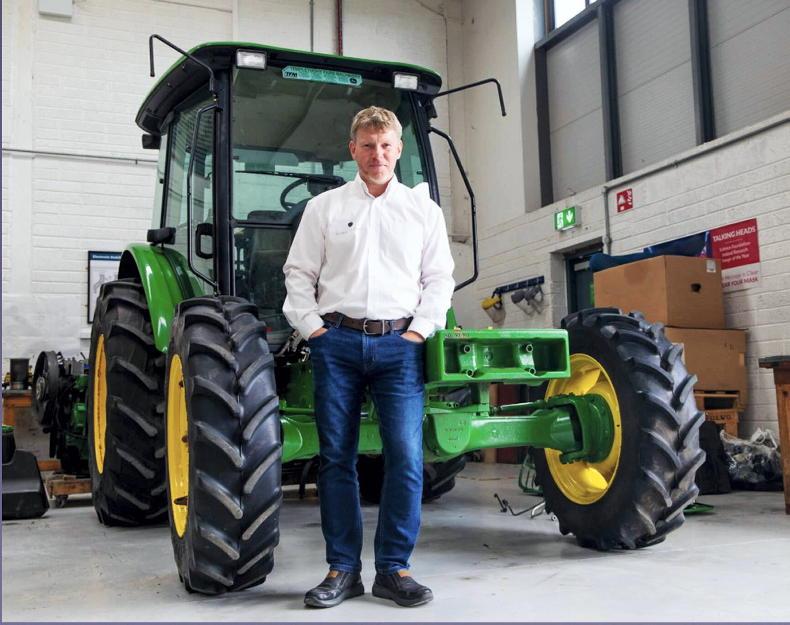
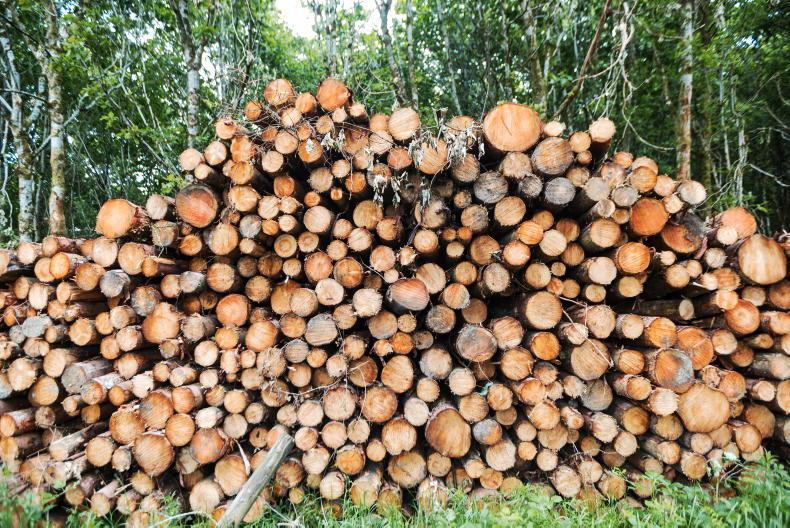
SHARING OPTIONS